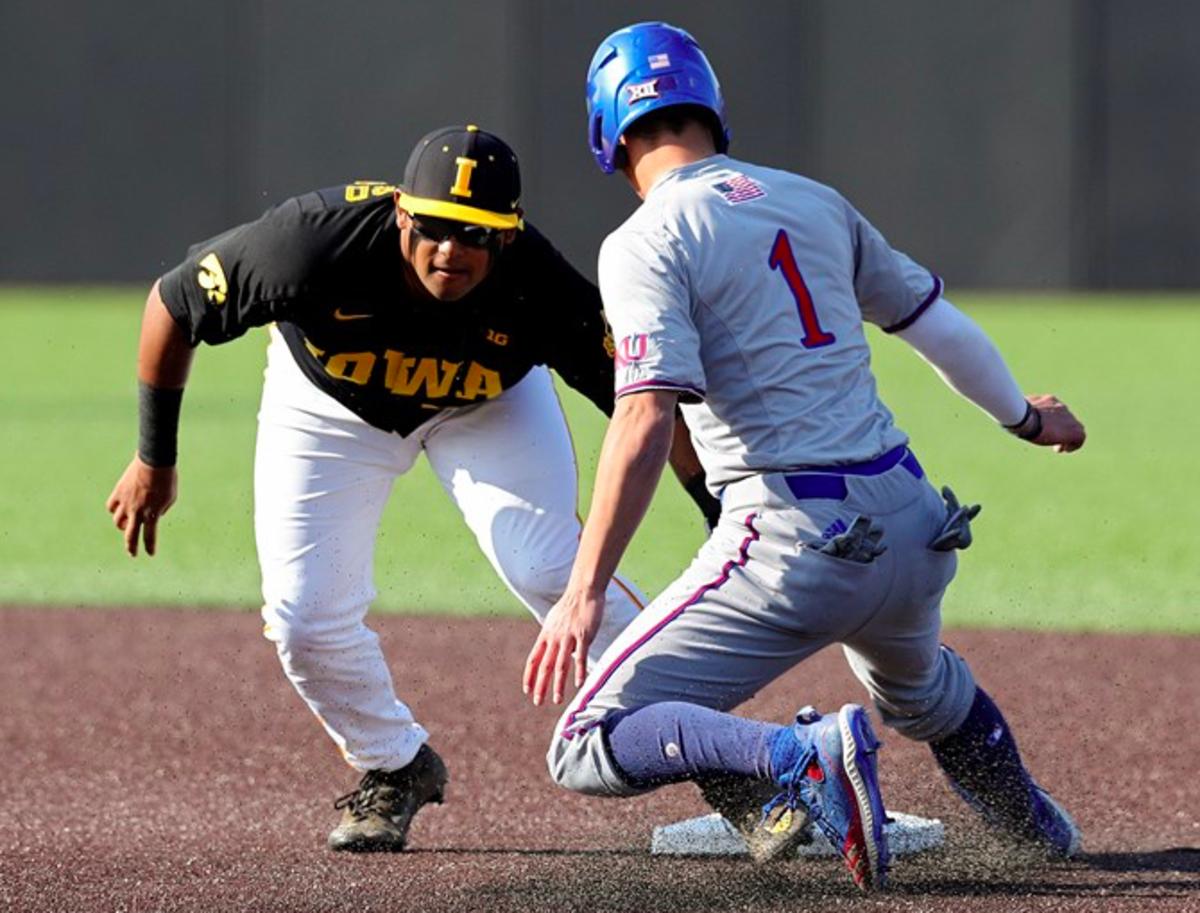NCAA Grants Spring Athletes Additional Year Of Eligibility

College athletes in spring sports will be given an additional year of eligibility after Monday's vote by the NCAA Division I council.
The council voted to give college athletes who compete in spring sports such as baseball, softball, track and field, and rowing, a way to get back the season they lost after the spring seasons this year were canceled because of concerns over the COVID-19 coronavirus.
Athletes, however, were not guaranteed financial aid. How much scholarship money that will be made available will be determined by the individual schools. The amount could range from nothing to as much the athlete received the year before.
Athletes in winter sports that were cut short by the cancellation will not receive an additional year, as all or most of their regular seasons were completed.
Schools will have the ability to use the NCAA’s Student Assistance Fund to pay for scholarships for students who take advantage of the additional eligibility flexibility next year.
Division I rules limit student-athletes to four seasons of competition in a five-year period. The Council’s decision allows schools to self-apply waivers to restore one of those seasons of competition for student-athletes who had competed while eligible in the 2020 spring season
The Council also will allow schools to self-apply a one-year extension of eligibility for spring-sport athletes, effectively extending each student’s five-year “clock” by a year.
The decision also allows an expansion of the baseball roster limit of 35 players, with 27 receiving scholarship money. An NCAA Division I program can give out the equivalent of 11.7 scholarships to the 27 players.
Iowa baseball coach Rick Heller said last week he had spoken to his seniors about the possibility of coming back for an additional year.
"I sent a note out to those guys, saying we don’t need an answer right now, but you need to talk with your families, how is it going to impact you financially," he said. "Is it something that benefits you academically? All of those things that the families need to decide.
"The majority of these guys are paying more to go to college than we’re paying them. That piece of the puzzle, with what the ruling is going to say, is important as well."
